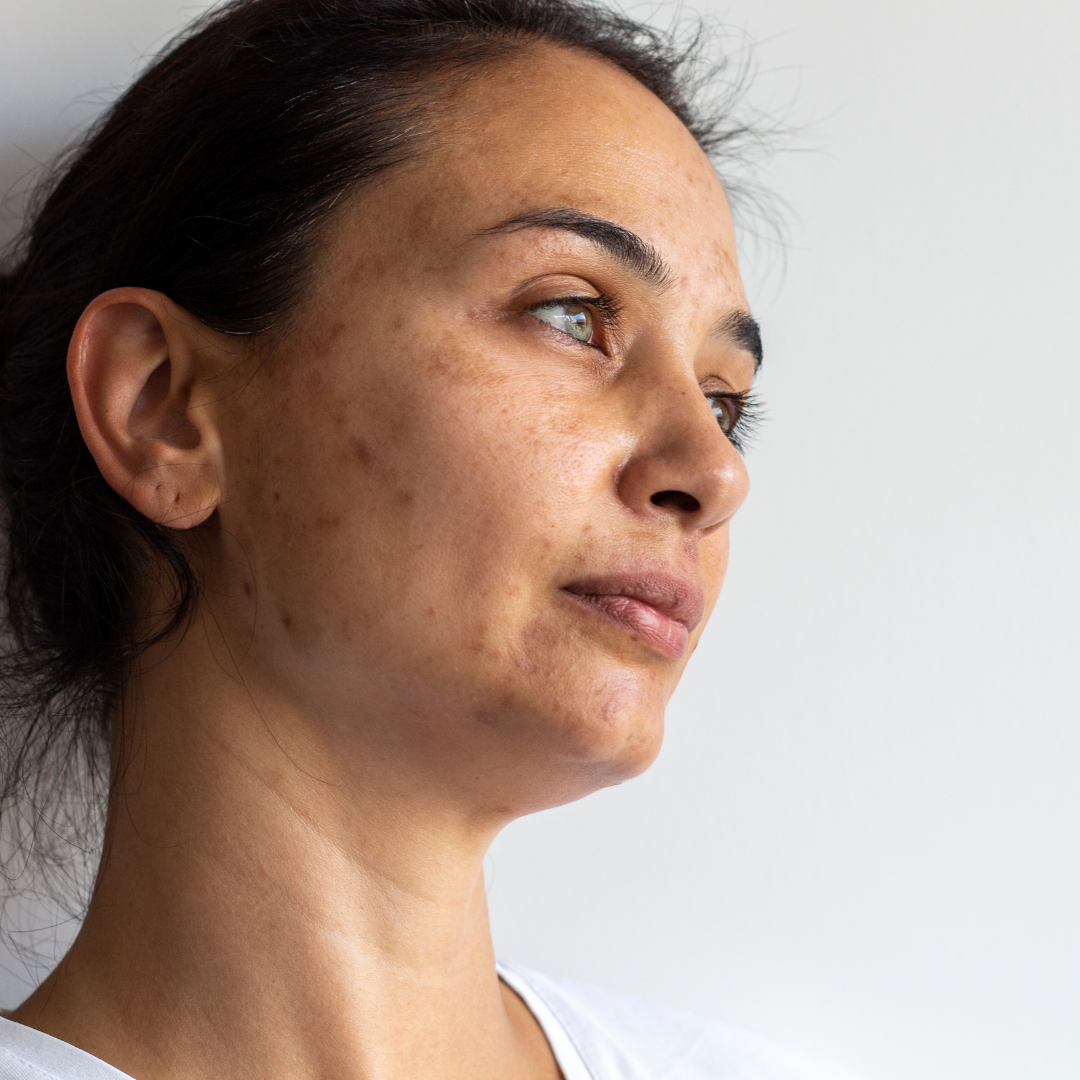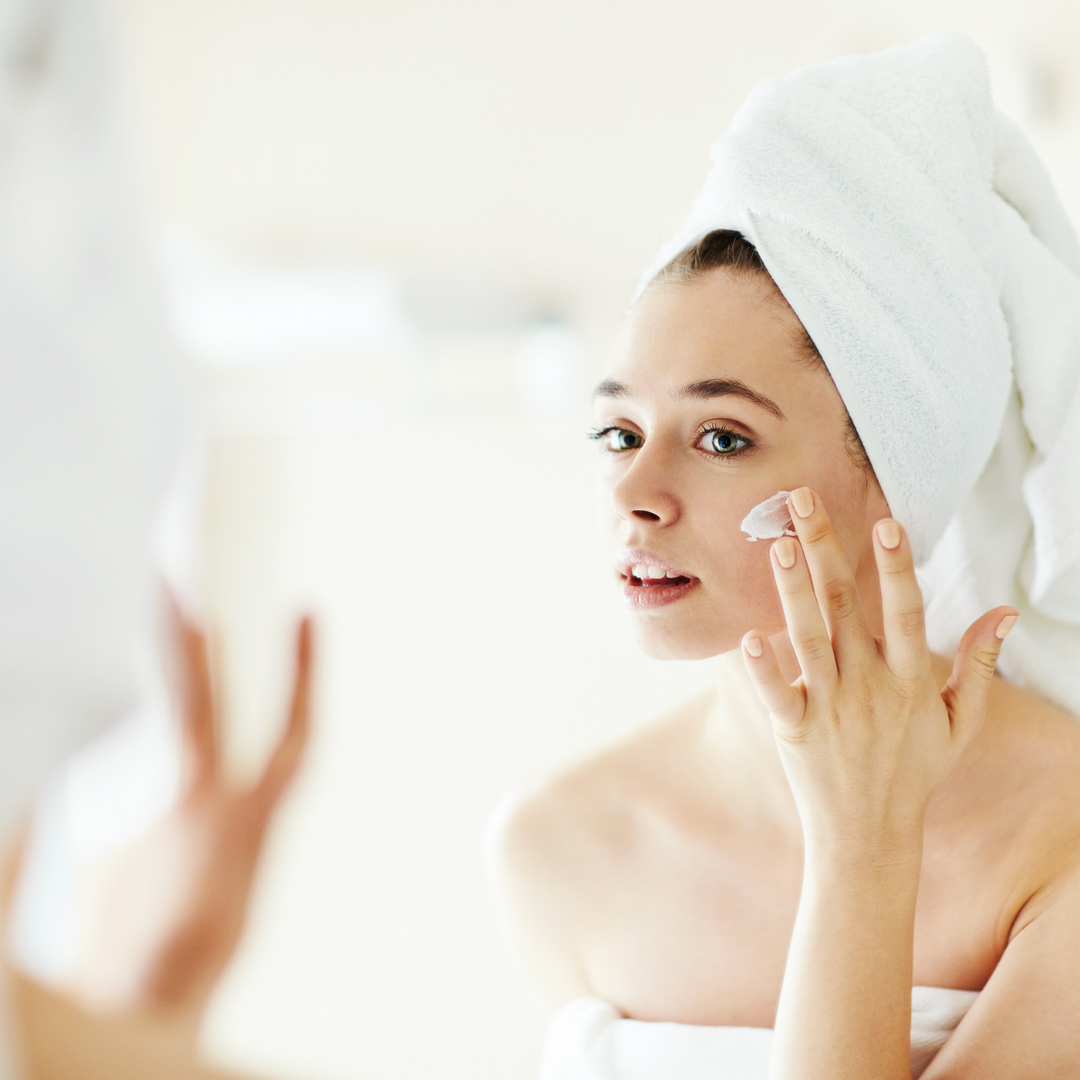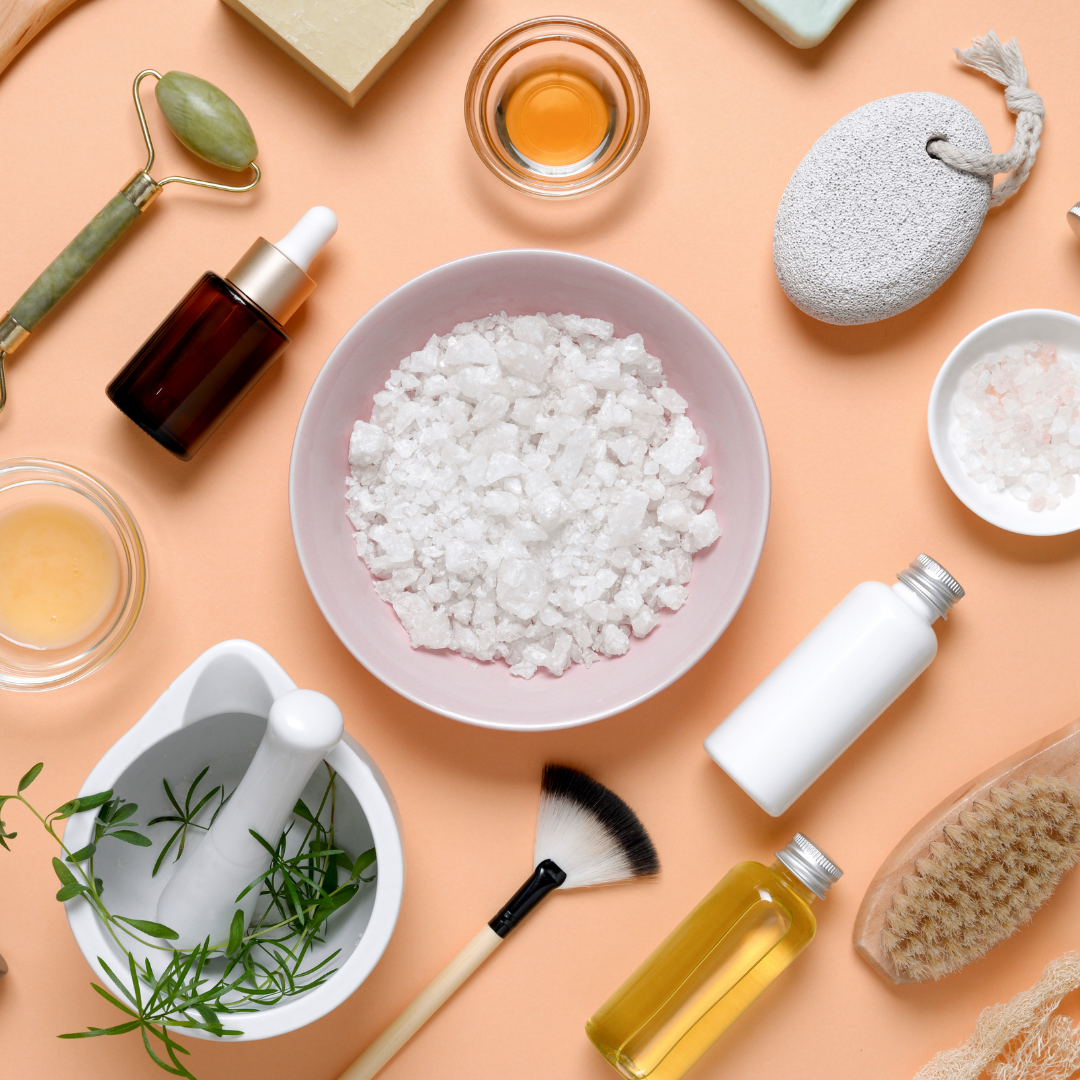Common Skin Problems and How to Prevent and Fight Them
Our skin is our armor and it protects us from everything from the outer world. It keeps us safe from the elements, germs and exposure—it’s our first barrier of protection. However, due to genetics, accidents and lifestyle, our skin might get affected by rashes, bumps, itchiness and some even more serious conditions. Here are some problems that most commonly attack skin and solutions to their treatment and prevention:
Eczema
Eczema is one of the most common skin conditions that causes your skin to look and feel irritated or inflamed. In most cases, eczema is atopic, meaning the person has a tendency to get asthma, hay fever and other allergic conditions. The good news is that eczema affects mostly infants, and the issue disappears with age on its own by the time the kid is 10 (only 3% of cases belong to adults). To prevent eczema, you can moisturize regularly, but if that doesn’t help, it’s possible to ask your dermatologist for an itch cream or allergy medication.
Rosacea
Rosacea is a chronic skin condition that is characterized by redness of the face, red bumps, dry skin and sensitive skin. As stated above, it’s a chronic disease, but it can be triggered by drinking alcohol or eating spicy foods, overexposure to the sun, stress and even some intestinal bacteria. This condition is usually treated with antibiotics or Azelaic acid gel.
Acne breakouts
This is something most of us are familiar with. When pores in the skin clog, people with sensitive skin can expect something called an acne breakout. To prevent this uncomfortable condition, make sure to wash your face regularly with a good cleanser. If you buy your quality skin care in Australia, you’ll find amazing cleansers suitable for everyday cleansing as well as deep cleansing. Follow with a toner (optional) and finish with a moisturizer that doesn’t clog pores. Another way to prevent acne is to blot your sweat, wash anything that comes in touch with your face often and pay attention to your diet.
Athlete’s foot
Feet are sensitive to fungal infections that can cause itching, redness and cracked skin on feet. A foot is a warm, dark and moist area, so fungi like dermatophytes are very attracted to it. Luckily, if you experience these skin symptoms, topical antifungal cream or spray will help a lot. Make sure to regularly change your socks, wash your feet and keep them dry during the day.
Skin cancer
The scariest and most serious skin condition one can develop is skin cancer, such as melanoma, squamous cell carcinoma and basal cell carcinoma. Skin cancer can appear spontaneously, but factors that affect it the most are family history, light skin and overexposure to the sun which causes skin mutations (the last cause is the most common). Basal cell carcinoma appears as a waxy lump, a brown scar on the skin, a red lump or scaly skin, while melanoma appears as a brownish spot or a lesion with bluish-black, red or white color and irregular border. Skin cancer is dangerous but treatable in many cases, depending on the stage of cancer. Patients can choose surgery, chemo, radiotherapy or biological therapy. The best way to prevent skin cancer is to wear sunscreen, avoid overexposure to the sun and see your dermatologist as soon as you notice any changes on your skin—early detection is the key.
Scars
Unfortunately, most of us have at least one scar we have to carry as a souvenir provided by past injuries, breakouts and other conditions. In most cases, scars disappear or at least improve with time, it’s possible to speed up the process by keeping your fresh scar out of the sun. If the tissue is already damaged too much, it’s possible to lighten red scars with laser and flatten raised scars with corticosteroid injections.
Ingrown hair
When a hair curls up under the skin and continues to grow inward, it can appear as a painful red bump. People who get these ingrown hairs a lot can wash and exfoliate the area daily and rinse with cold water and a mild astringent. You can also ask your dermatologist for a hydrocortisone cream and apply it according to directions.
Sunburns
Sunburns can not only spoil your summer outings but also cause various skin conditions, including skin cancer. The best thing you can do is prevent sunburns by limiting your sun exposure, wearing clothes that will protect you (hats with wide brims, long sleeve shirts and pants and sporting sunglasses) and applying sunscreen of at least SPF 30. You can even get a morning moisturizer that contains SPF so you’ll never forget to apply sunscreen before going out about your day.
To keep your skin healthy, smooth, plump and youthful, follow the tips above and don’t take skincare for granted. In the long run, your attention will pay off and you’ll get to live a more comfortable, skin-disease free life.



